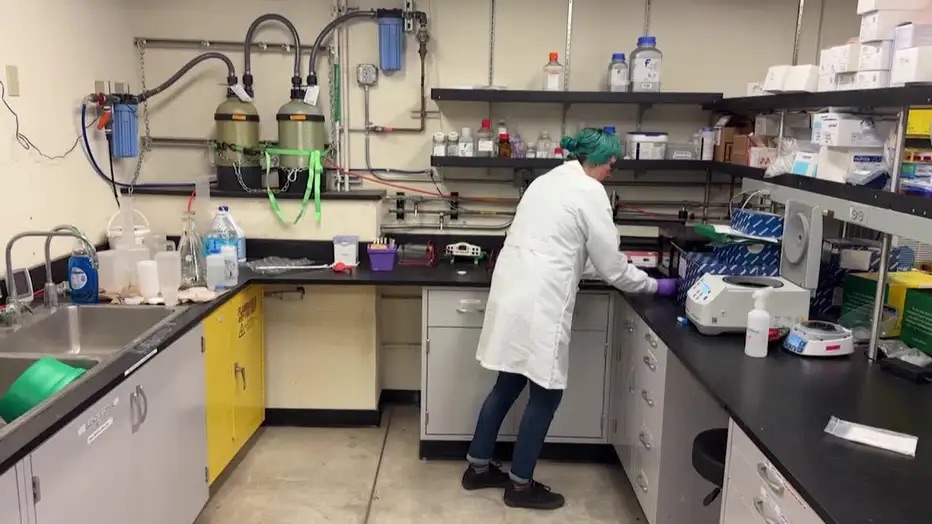
Courtesy Fox 4 News
DALLAS – A federal judge has ruled in favor of 22 Democratic state attorneys general who filed a lawsuit to prevent the Trump administration from reducing funding for medical and public health research at universities across the country.
Later on Monday, a separate federal judge in Massachusetts issued a temporary injunction, halting the cuts and scheduling a hearing later this month to determine their legality and potential implementation.
The National Institutes of Health (NIH) initially announced the funding reductions late Friday. The affected grants support essential research expenses, including laboratory costs, infrastructure, utilities, and, in some cases, faculty salaries.
By the Numbers: NIH Funding and Proposed Cuts
- In 2023, the NIH funded approximately 50,000 research grants, totaling $35 billion.
- $26 billion covered direct research costs, including salaries for researchers.
- $9 billion accounted for indirect costs, such as laboratory maintenance, infrastructure, and utilities.
- Currently, indirect costs typically comprise 27-28% of NIH grant funding.
- The proposed cap would limit indirect cost reimbursement to 15%, potentially saving $4 billion annually.
Impact on Universities and Research Institutions
The proposed funding reductions could significantly affect universities and research institutions nationwide. The UNT Health Science Center (UNT-HSC) is among the 2,500 universities and 300,000 researchers reliant on NIH funding for advancing critical research in disease treatment and prevention.
In response to the potential cuts, UNT-HSC issued a statement:
“We are working with our federal partners to best understand any potential implications.”
The states’ lawsuit argues that enforcing the 15% cap would result in the abrupt loss of hundreds of millions of dollars, jeopardizing the employment of tens of thousands of researchers and derailing numerous life-saving medical and technological initiatives.
Concerns from the Medical and Academic Communities
Stephen Love, president of the DFW Hospital Council, expressed concern about the broader implications of the funding cuts:
“These reductions could impact critical research, faculty retention, and hiring. They could also affect essential work in hazardous waste management and patient safety. Nationwide, major universities are warning that this could have a profound impact, potentially even increasing costs for students. While it’s premature to assess the full consequences, the feedback from research institutions is clear—this could be a major setback.”
The White House and the Road Ahead
White House spokesperson Kush Desai pushed back on concerns, stating:
“Contrary to the hysteria, redirecting billions of allocated NIH spending away from administrative bloat means more resources for legitimate scientific research—not less.”
The legal battle continues, with U.S. District Court Judge Angel Kelley scheduling a Feb. 21 hearing to determine the next steps. The Trump administration has not yet responded to requests for comment.




